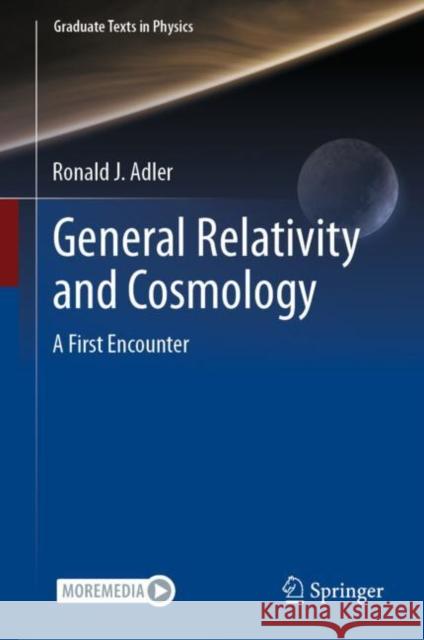General Relativity and Cosmology: A First Encounter » książka
topmenu
General Relativity and Cosmology: A First Encounter
ISBN-13: 9783030615734 / Angielski / Twarda / 2021 / 313 str.
Kategorie BISAC:
Wydawca:
Springer
Seria wydawnicza:
Język:
Angielski
ISBN-13:
9783030615734
Rok wydania:
2021
Wydanie:
2021
Numer serii:
000394232
Ilość stron:
313
Waga:
0.63 kg
Wymiary:
23.39 x 15.6 x 1.91
Oprawa:
Twarda
Wolumenów:
01
Dodatkowe informacje:
Wydanie ilustrowane











